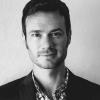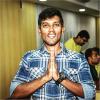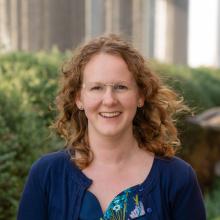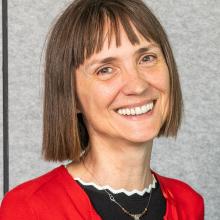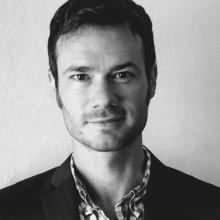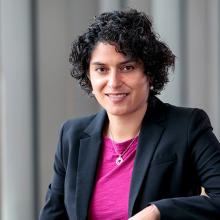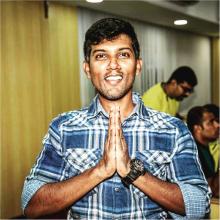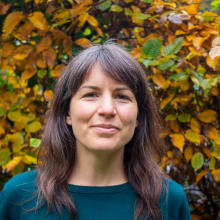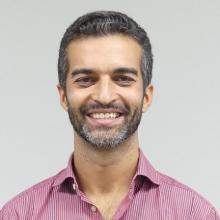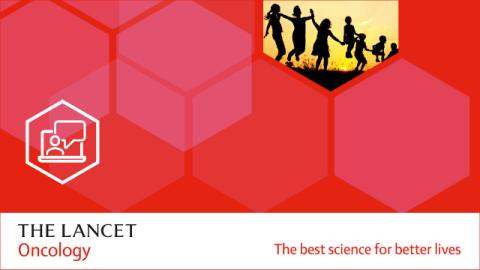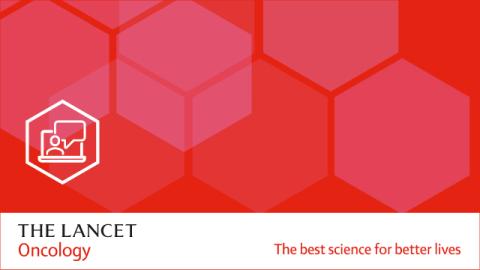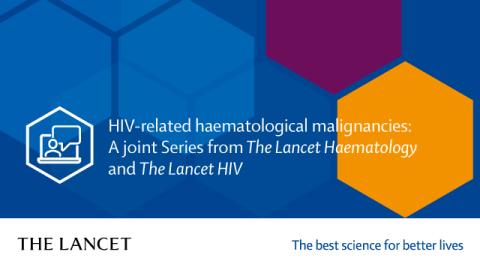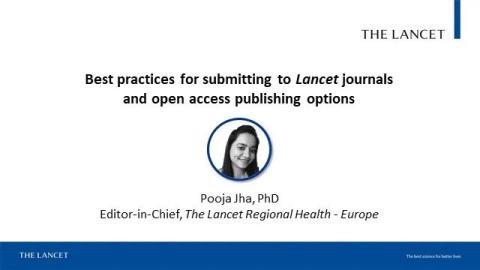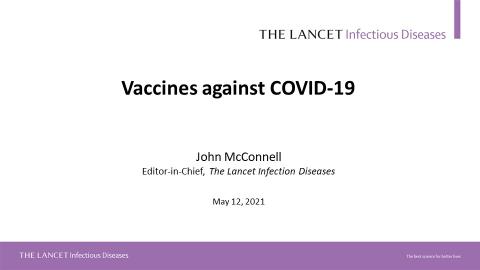About this video
We are pleased to invite you to the global launch of the Lancet Global Health Series on urban design, transport, and health. In this Webinar, the Series authors, led by Billie Giles-Corti, will present their work which follows on from the 2016 Lancet Series, and will be joined by an external panel of stakeholders to discuss what the recommendations means for them. There will be an opportunity at the end to ask questions.
About this webinar
Good city planning produces co-benefits for individual and planetary health and wellbeing. In 2016, the Lancet Series on urban design, transport, and health drew attention to the importance of integrated upstream city planning policies as a pathway to creating healthy and sustainable cities and proposed a set of city planning indicators that could be used to benchmark and monitor progress.
In this follow-up series, published in The Lancet Global Health, the authors show how the indicators can guide decisions about what must change to create healthy and sustainable cities and how research can be used to guide urban policy to achieve urban and population health. They provide tools that other cities can use to replicate the indicators and explore “where to next” to create healthy and sustainable cities, particularly in light of the COVID-19 pandemic and climate change.
About The Lancet Global Health
The Lancet Global Health is an internationally trusted source of global health knowledge. The open access journal publishes robustly designed original research on all aspects of global health, with a focus on disadvantaged populations, be they whole economic regions or marginalised groups within otherwise prosperous nations. Topics include but are not limited to reproductive, maternal, neonatal, child, and adolescent health; infectious diseases, including neglected tropical diseases; non-communicable diseases; mental health; the global health workforce; health systems; surgery; and health policy.



